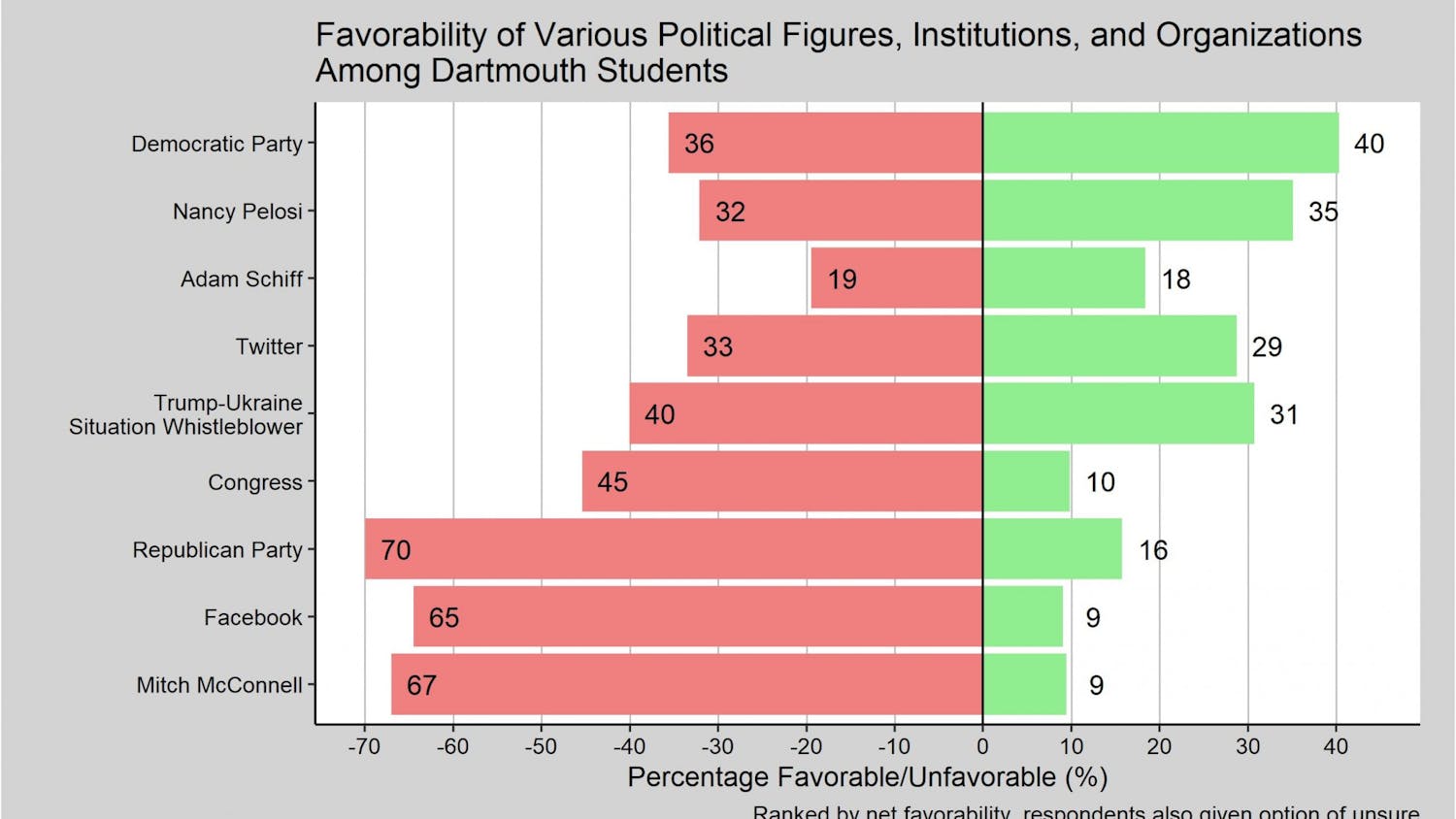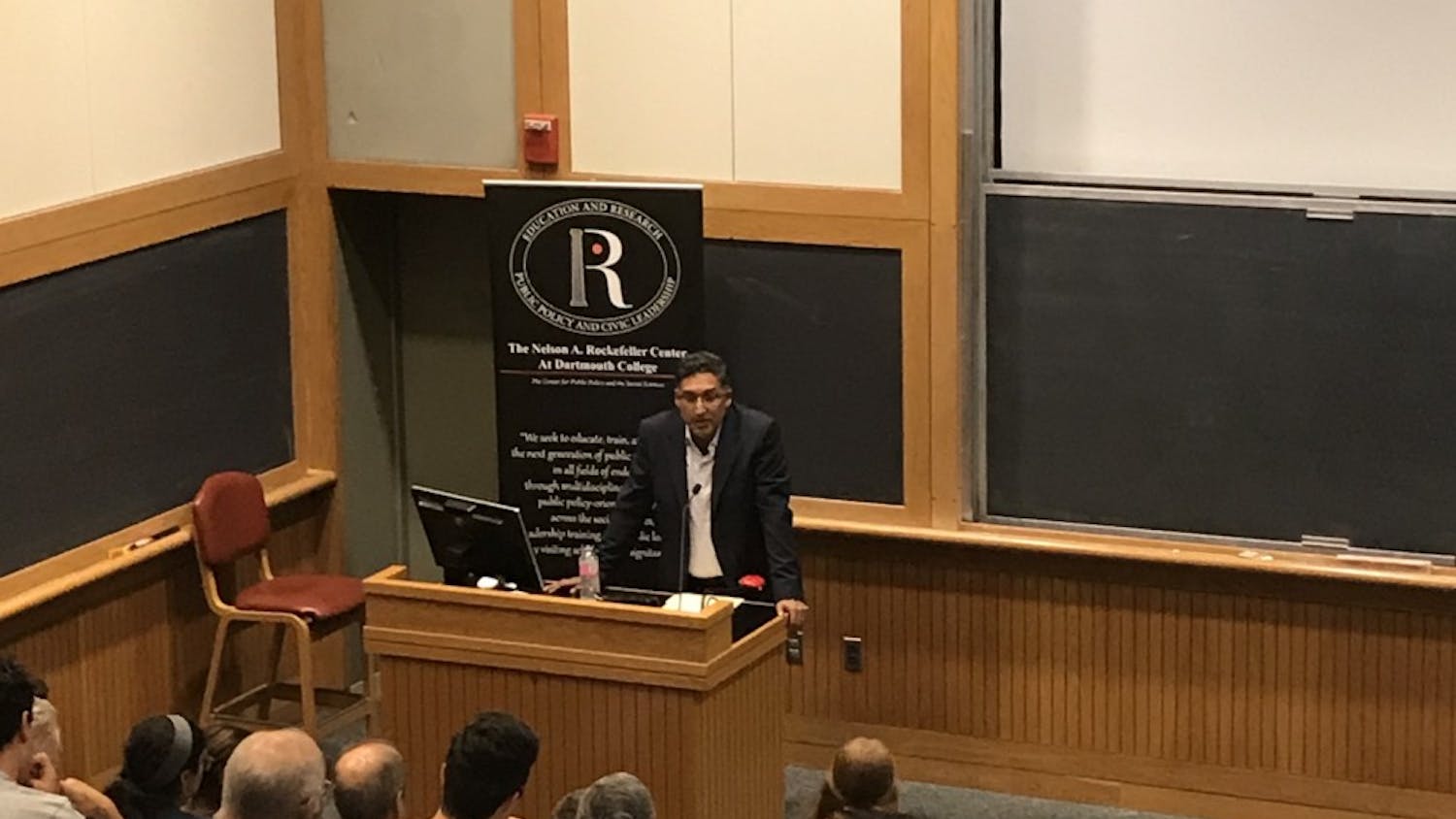The death of Ruth Bader Ginsburg, associate justice of the Supreme Court and liberal icon, was a tragedy for all Americans, regardless of political orientation. Ginsburg leaves behind a remarkable legacy in American law, culture and feminism, along with a gaping hole in the Supreme Court. The question of who will fill Ginsburg’s seat, or rather who gets to decide who will fill her seat, is on everyone’s mind. This much is made clear by media coverage, along with a surge in fundraising efforts — Democrats amassed more than $90 million in donations in the 28 hours after Ginsburg’s death. For its part, the Trump camp has fired back with sales of “Fill That Seat” T-shirts.
So what’s the big deal? If President Trump appoints a conservative justice to the Supreme Court, conservatives on the court will capture a 6-3 majority. Not only would this appointment deviate from the precedent against confirming a nomination in an election year and contribute to partisan hostilities, but it would allow conservatives to make potentially devastating rulings in the future. As such, Democrats need to fight relentlessly to prevent Ginsburg’s seat from being filled before the upcoming election.
Perhaps the biggest reason to oppose Trump’s nominee is precedent. In February 2016, nine months before the general election, the conservative Justice Antonin Scalia died. Republicans quickly stood their ground, with Senate Majority Leader Mitch McConnell declaring any appointment by President Barack Obama to be “null and void” and demanding the next justice to be appointed by the winner of the 2016 presidential election. McConnell’s ruling was soon backed by the 11 Republicans on the Senate Judiciary Committee, who publicly confirmed they would not consent to any nomination made by Obama.
Now, however, in an act of ultimate hypocrisy, McConnell and other Republicans are refusing to abide by their own principle of waiting to fill a vacant seat in an election year. Mere hours after Ginsburg’s death, McConnell declared: “President Trump’s nominee will receive a vote on the floor of the United States Senate.” Some Republicans claim that this time is different, given that the president and the Senate are of the same party. Yet if that is a norm, there is no evidence of it. In fact, historical evidence shows a norm in which election-year nominees consistently got a vote every election year, except for Merrick Garland in 2016. Because the GOP prevented Obama from nominating Garland in 2016, they should stay true to their word and acknowledge that Trump should be barred from a nomination. Democrats should reject the pre-2016 precedent this time around so as to stand up to Republican hypocrisy and hold the Grand Old Party accountable for its words.
Apart from emphasizing GOP hypocrisy and disrespecting any mutual understanding left between the parties, a Trump nomination would put Judge Amy Coney Barrett in power, completely shifting the balance on the Supreme Court. Barrett is not only a conservative, but an extreme one — The New York Times has described her as a “hero to the anti-abortion movement.” Barrett is an avid pro-lifer who called the Court’s decision to uphold Roe v. Wade, the decision legalizing abortion, “erroneous” and has notably supported Trump’s harsh stances on immigration. If Trump is allowed to fill Ginsburg’s seat with Barrett, there is little hope for Roe v. Wade, along with other rulings that protect individual liberties.
Indeed, a 6-3 conservative majority on the Supreme Court is a big deal. Such a majority leaves little room for compromise on important issues, such as the case to overturn the Affordable Care Act, which is set to be reviewed by the Supreme Court only a week after the upcoming election.
If Trump is allowed to appoint Barrett, just days after the election we may watch as the Court decides to strike down the Affordable Care Act, eliminating protections for health care access for those with pre-existing conditions and thus affecting the health of millions of Americans during a pandemic.
Even if you don’t take issue with the deviation from the 2016 precedent and the potential for a conservative majority, you may well care about popular opinion. The American public is by and large against Trump on this issue. In a Reuters and Ipsos survey conducted after Ginsburg’s death, over 60 percent of Americans — notably including half of Republicans and a large majority of Democrats — agreed that Ginsburg’s replacement should be chosen by the winner of the upcoming election.
We must act to prevent Barrett from being appointed, whether that’s through donating to organizations that fund advertising in key Senate battleground states (so as to pressure vulnerable GOP senators to refuse to support Trump’s nominee), organizing calls to Congress or spreading information to make those in your network aware of what the appointment of Barrett could mean for our country. Barrett’s confirmation would go against the norm set in 2016, leading to further antagonism between the parties, and allow for a right-wing justice to sit on the Court, consolidating the conservative majority and opening the door for rulings that could be disastrous for the fate of our country.




